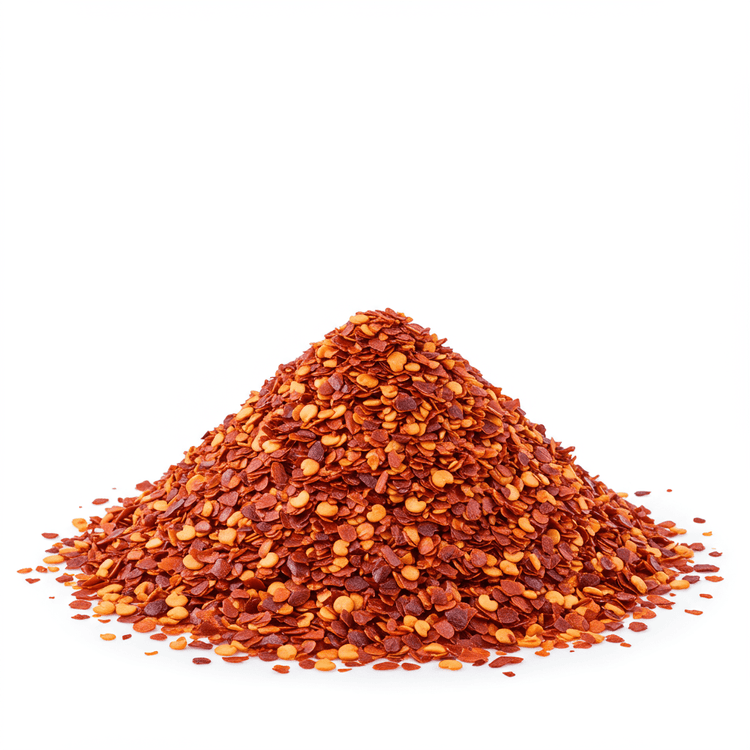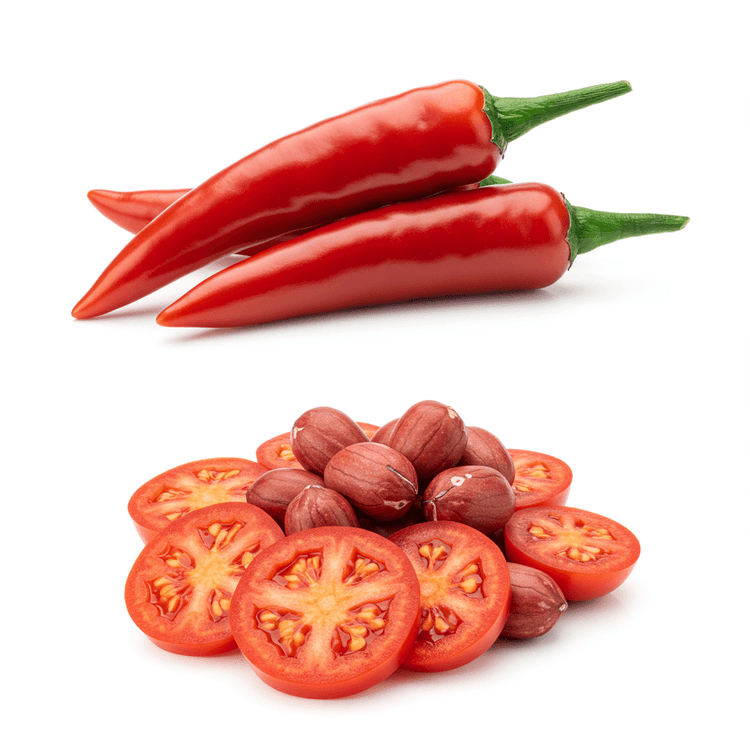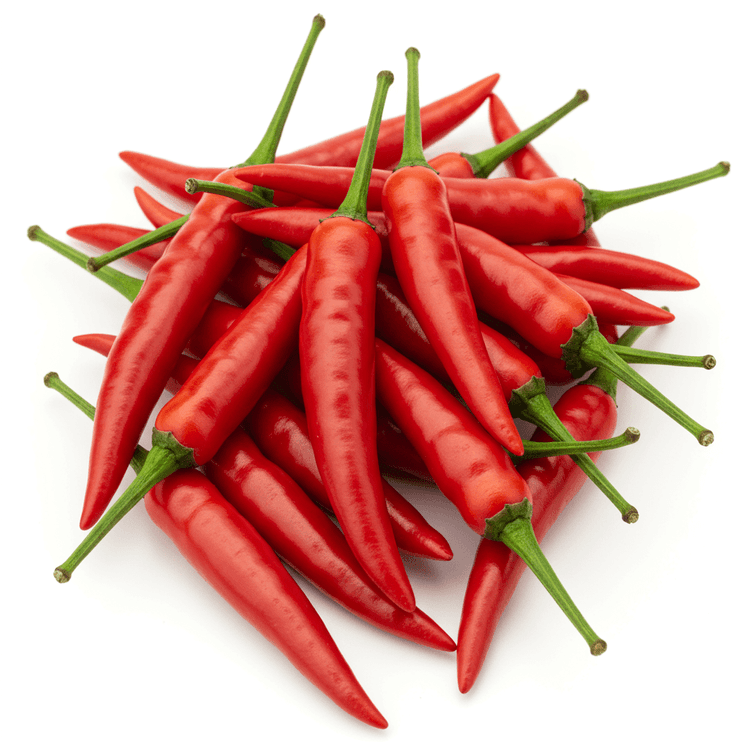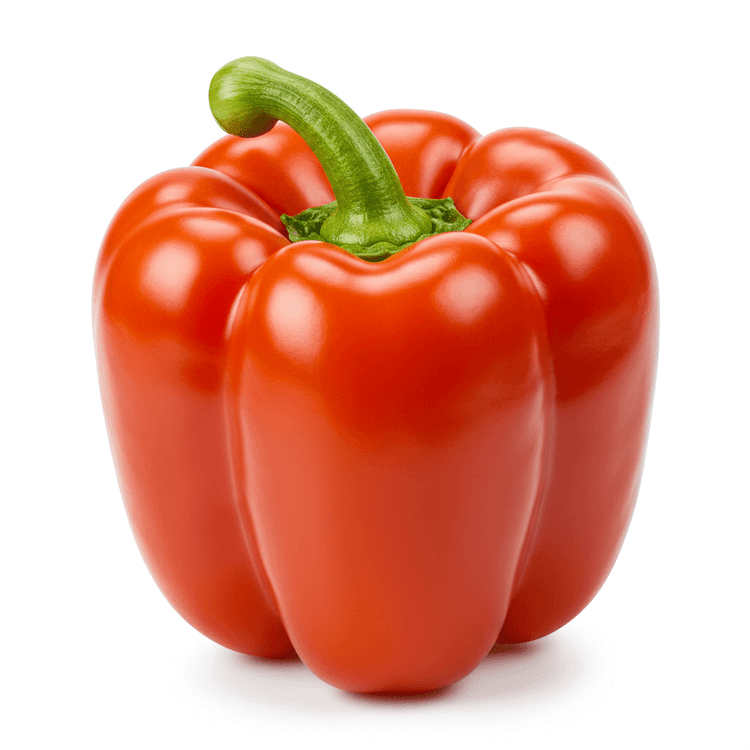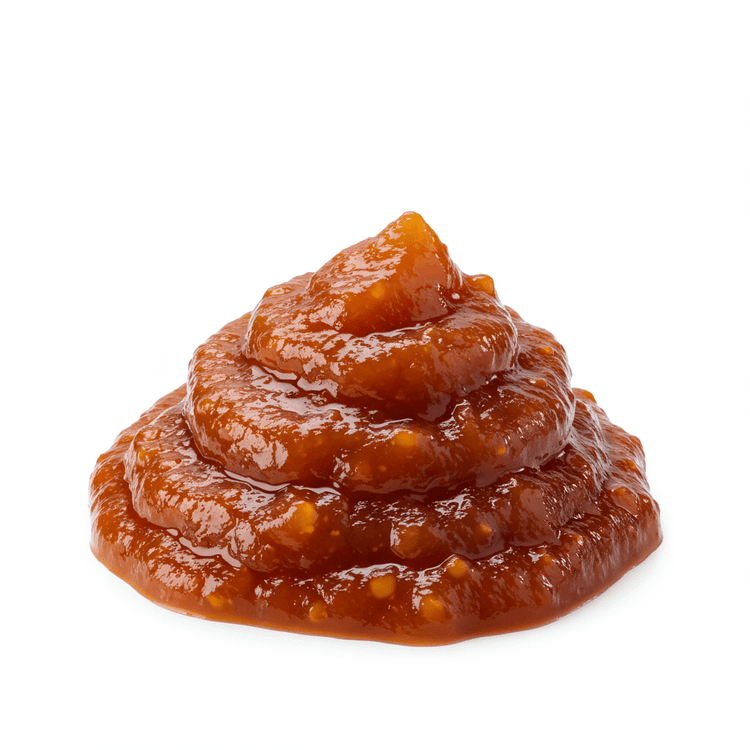
Pepper Sauce
Pepper sauce is a fiery condiment crafted from chili peppers, vinegar, and salt, often with other spices and seasonings added for complexity. The flavor profile ranges from subtly sweet to intensely hot, depending on the type of peppers used and the fermentation process. Its texture can vary from thin and watery to thick and pulpy. The appearance of pepper sauce can range in color from bright red and orange to dark brown, and is typically a vibrant liquid, adding visual appeal to any dish. Discover the best pepper sauce for adding a spicy kick to your favorite meals and learn about different types of hot sauces.
Common Uses
- Pepper sauce is used to add a spicy kick to eggs, tacos, and breakfast burritos. Use a few dashes to amp up the flavor.- Stir a tablespoon of pepper sauce into your favorite chili recipe for a complex heat that elevates the dish. Experiment with different heat levels.- Enhance the taste of marinades for chicken, pork, or seafood by incorporating pepper sauce. Let the meat soak to absorb the spicy flavor before grilling or roasting.- Add a few drops of pepper sauce to soups and stews for an added layer of flavor and warmth, especially during the colder months.- Use as a dipping sauce for fried foods like chicken wings, spring rolls, or french fries, providing a contrasting spicy element.- Pepper sauce can be mixed into dressings or vinaigrettes to add a bold and spicy flavor to salads and other dishes.
Health Benefits
- May boost metabolism due to capsaicin content.
- Can act as a natural pain reliever.
- Some varieties are a good source of vitamins, like Vitamin C, depending on the peppers used.
- May help reduce inflammation in the body.
- Hot peppers can act as a decongestant.
Substitutes
Chefadora AI is here.
Experience smarter, stress-free cooking.
Storage Tips
Unopened pepper sauce can typically be stored in a cool, dark pantry for an extended period. Once opened, it is best to refrigerate pepper sauce to maintain its quality, flavor, and color, especially for sauces without vinegar as a primary ingredient. Check the label for specific recommendations, as some high-vinegar sauces may remain shelf-stable even after opening. Always ensure the lid is tightly sealed to prevent evaporation and maintain the intended heat level and flavor.
Marnirni-apinthi Building, Lot Fourteen,
North Terrace, Adelaide, South Australia, 5000
Australia
